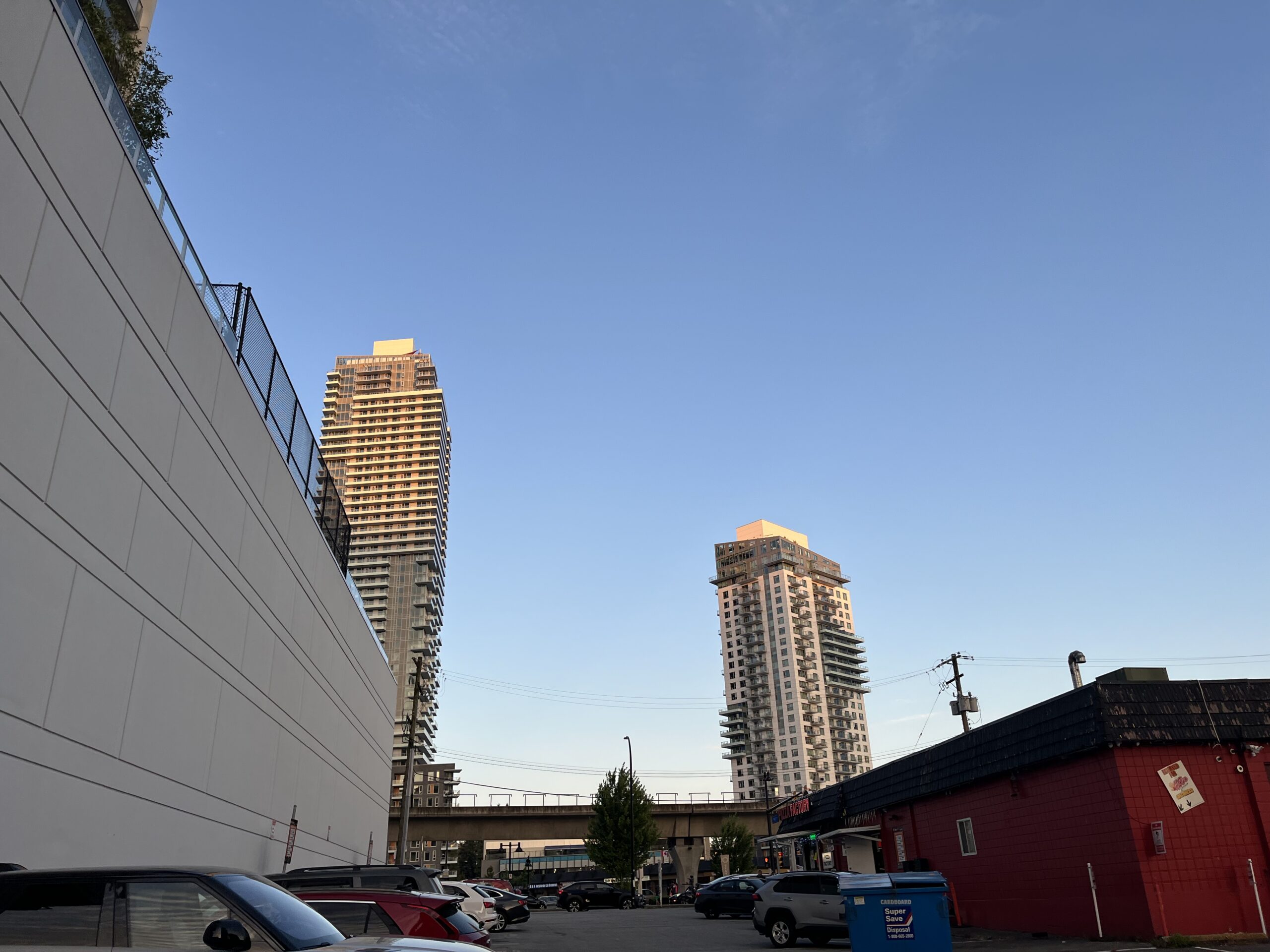Buying a condo in Vancouver is a major financial decision, especially with high prices and a competitive market. One of the most important choices buyers face is whether to go for a pre-sale condo (a unit purchased before it’s built) or a resale condo (an existing, move-in-ready property). Each option has its pros, cons, and nuances that can significantly impact your finances, timeline, and lifestyle.
In this guide, we’ll compare pre-sale vs. resale condos in Vancouver based on real-world scenarios, expert advice, and the latest market data. Whether you’re a first-time buyer, investor, or downsizer, this article will help you decide what makes the most sense for your situation.
Quick Definitions
- Pre-Sale Condo: You commit to buying a unit in a future development, usually paying a deposit now and completing the purchase when construction is done (often 2-3 years later).
- Resale Condo: You buy a home that already exists, either from the current owner or developer. You can typically move in within a few months.
Pros of Buying a Pre-Sale Condo
1. Lower Upfront Costs
You usually only need 5% to 10% down initially, then pay the balance on completion. This gives buyers time to save or invest the rest.
“Pre-sale purchases can be a great way for younger buyers to enter the market with less initial capital,” says Vancouver mortgage broker Morgan Iannone of Dominion Lending source.
2. New Home Warranty
All new builds in BC come with 2-5-10 home warranty insurance, offering protection for defects and peace of mind (source).
3. Potential Price Appreciation
If the market rises between the time you buy and the time the home completes, your property could gain value before you even move in.
4. Customization
Pre-sale buyers often choose finishes, layouts, and upgrades to personalize the unit.
Cons of Buying a Pre-Sale Condo
1. Long Wait Times
You may wait 2 to 4 years for your home to be built. Delays are common due to permits, materials, or labour shortages.
2. Market Risk
If the market dips, you might end up paying more than the property is worth at completion. Pre-sales also typically don’t allow you to back out easily.
3. Uncertainty in Build Quality
You’re buying based on floorplans and renderings. Until it’s built, you won’t know exactly what you’re getting.
“Some buyers get surprised when the final product doesn’t match the showroom unit,” says Vancouver realtor Leo Wilk (source).
4. Strata Fees May Be Unknown
Final strata costs, operating budgets, and bylaws might not be finalized until just before completion.
Pros of Buying a Resale Condo
1. What You See Is What You Get
You can tour the exact unit, inspect the building condition, and understand your neighbors and amenities.
2. Faster Move-In Timeline
Great if you need housing within a few months, especially for families or people relocating for work.
3. Stable Financing Environment
Mortgage rates are locked in when you buy. With pre-sales, rate environments can shift dramatically by the time of completion.
4. Full Strata Records Available
You get access to depreciation reports, AGM minutes, bylaws, and financials—which gives you clarity on building health and any special levies.
Cons of Buying a Resale Condo
1. Higher Upfront Costs
You’ll need a full down payment and mortgage approval at once. Plus, closing costs like Property Transfer Tax (PTT) are due right away.
2. No Warranty Protection
Unless the home is under 10 years old, it likely won’t have the 2-5-10 new home warranty.
3. More Competition
Good resale listings can attract bidding wars, especially in high-demand areas like Yaletown or Kitsilano.
Real-World Example: Pre-Sale vs Resale
Let’s say you’re looking at a 1-bed condo:
- Pre-Sale in Brentwood: $650,000 with 10% deposit ($65,000). Completion in 2027.
- Resale in Mount Pleasant: $690,000 with 20% down ($138,000). Move-in within 60 days.
In this scenario, the pre-sale offers lower upfront cost, while the resale offers certainty and quicker occupancy.
Financial Considerations
- PTT Exemptions: First-time buyers of resale homes under $500,000 may qualify for full PTT exemption (source). Pre-sales under $750,000 may also qualify if newly built.
- GST on New Homes: Pre-sale buyers must pay 5% GST, which resale buyers do not. This can add tens of thousands to your final cost.
- Mortgage Rules: Lenders only finalize approval close to completion for pre-sales. If your income or rates change, it may affect your ability to close.
Final Thoughts: Which Is Right for You?
- Choose pre-sale if:
- You have time and want to spread out payments
- You’re betting on appreciation and like new buildings
- You’re OK with some uncertainty and potential delays
- Choose resale if:
- You need housing soon
- You value predictability and building transparency
- You have funds ready for a down payment and closing costs
No matter which route you choose, working with a local real estate expert can help you evaluate the developer, assess building quality, and protect your interests. Vancouver’s condo market can be complex, so make sure you’re informed, patient, and working with the right pros.
Need help choosing between a pre-sale or resale condo? [Get in touch here] to chat about your personal goals and we’ll break down the numbers together.
Related Articles:
The Rise of Co-Living Spaces in Vancouver: Pros and Cons
The Role of Technology in Vancouver Real Estate: Virtual Tours and Smart Homes
Do You Really Need a Realtor to Buy a Home in Vancouver?
How Foreign Buyer Tax and Speculation Tax Affect Vancouver Real Estate
Renting vs Buying in Vancouver: Which Is Better in 2025?
My name is Jay, a longtime Metro Vancouverite sharing local real estate tips and my own photos of the city’s homes and neighbourhoods here on Vancouver Home Hub. Hope you find my blog useful! Feel free to reach out anytime at vancouverhomehub@gmail.com if you have questions.


Leave a Reply